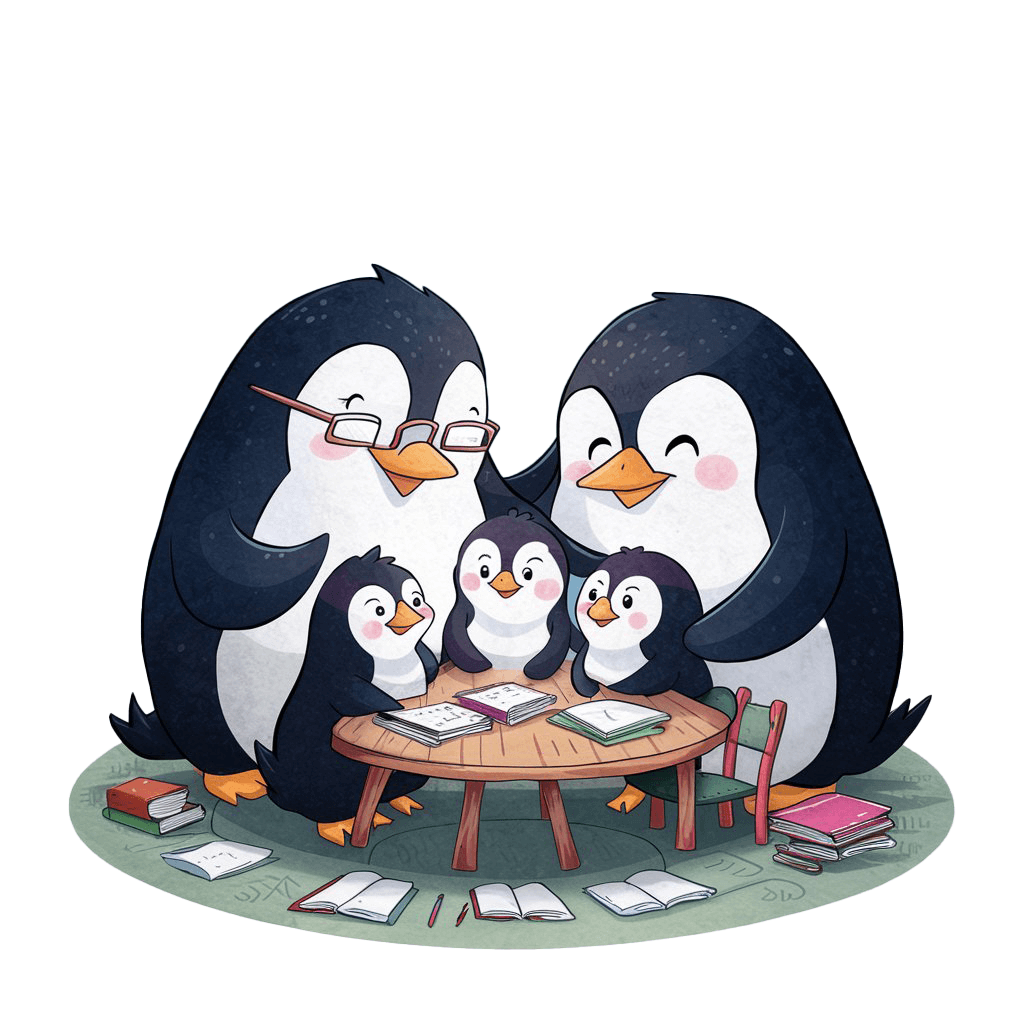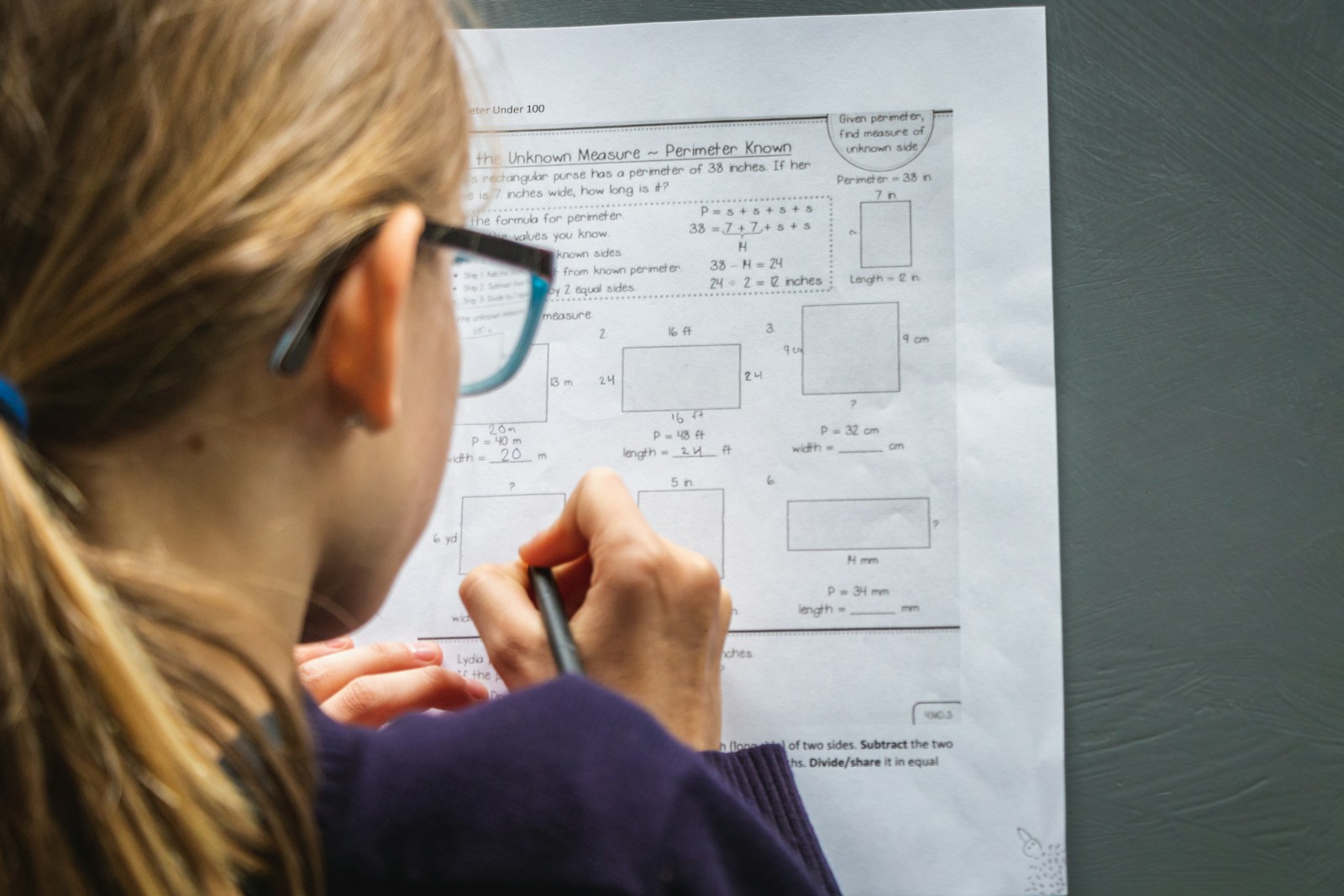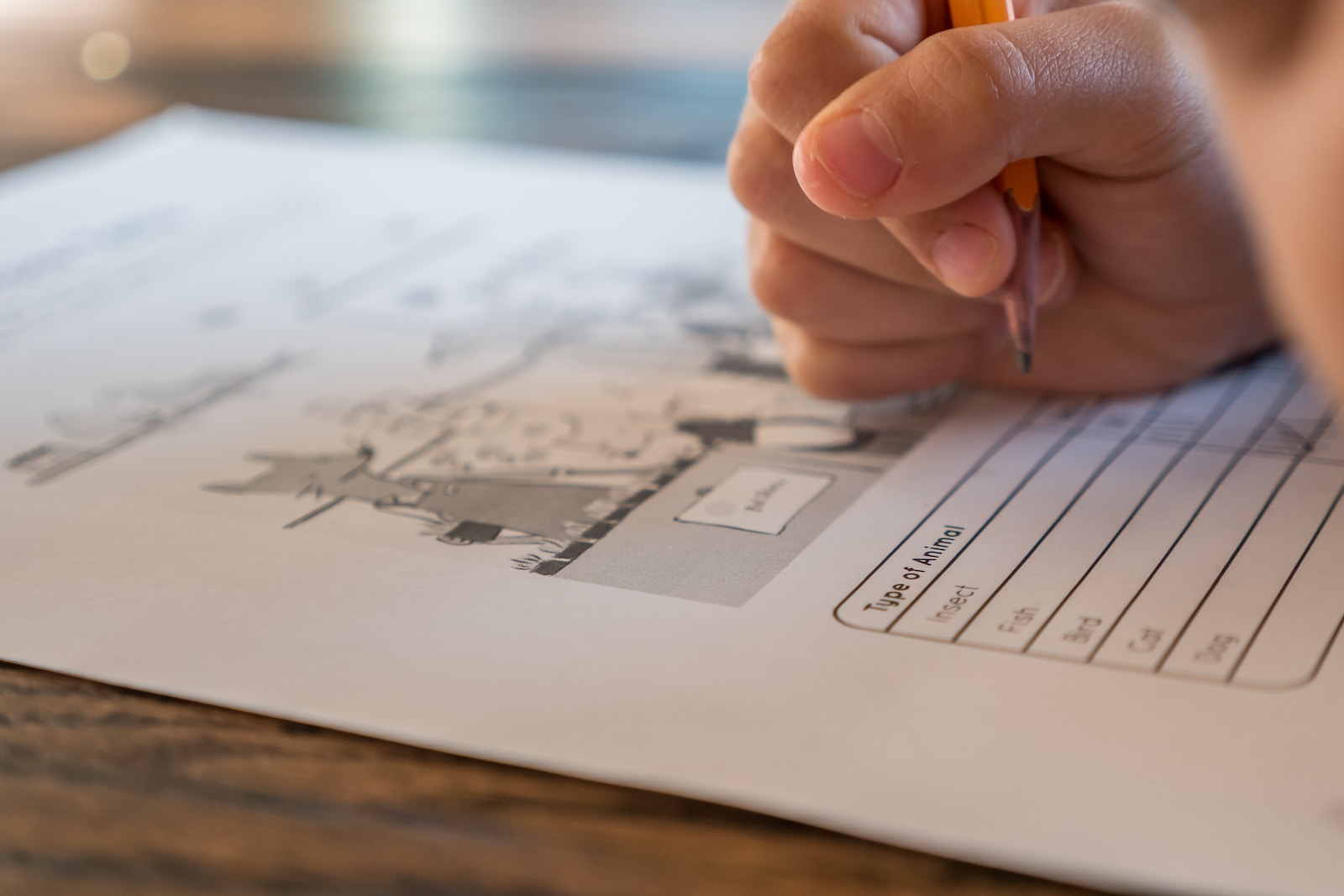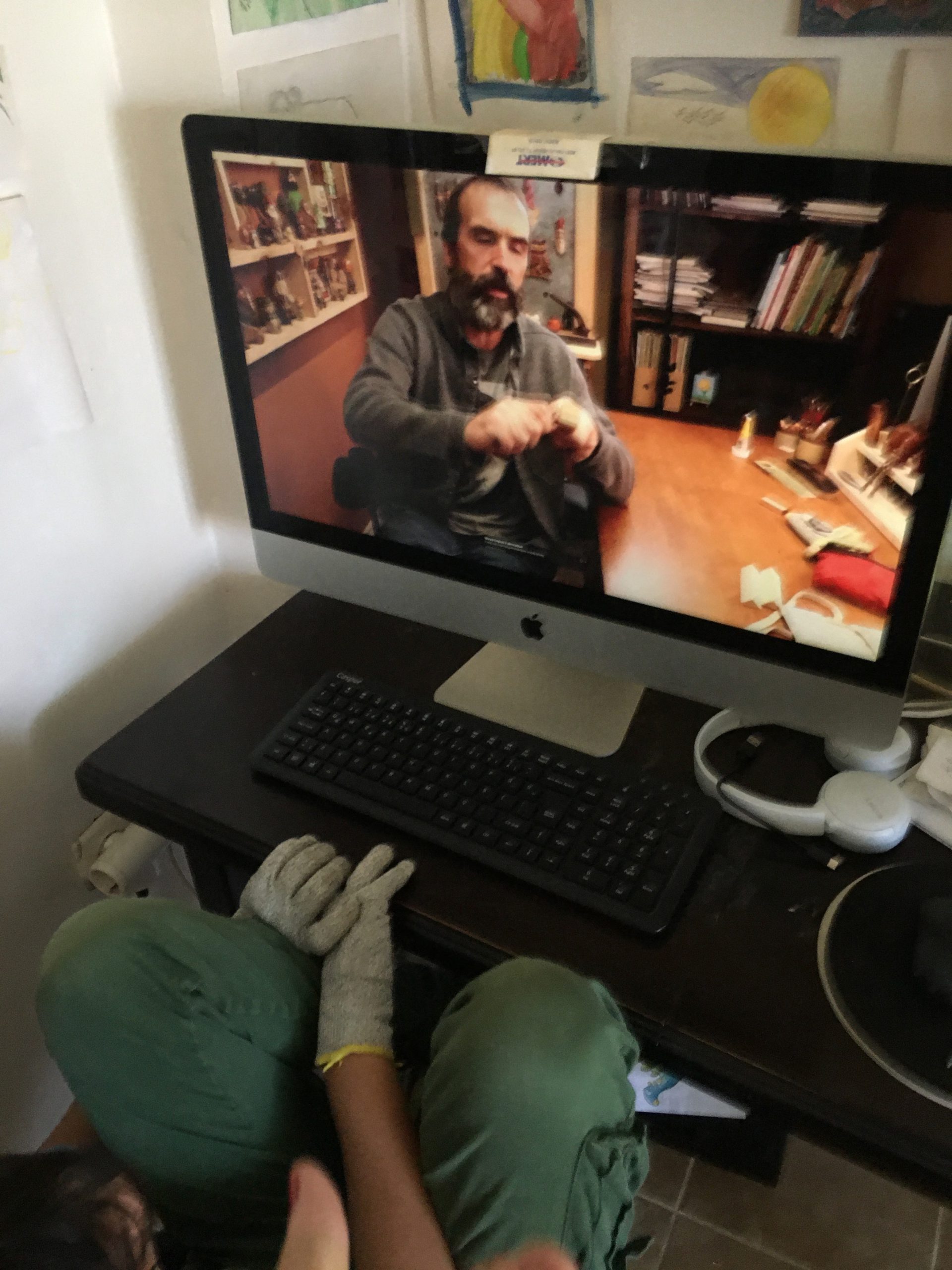
When you start reading about home education it quickly becomes overwhelming. Methodologies, terminology, styles, supplies, and curricula. Project-based, school-based, course-based, student-led; Flexible homeschooling? There seems to be so much you need to know before you even start thinking about the actual day-to-day homeschooling. The beauty of home education is the ability to curate the perfect curriculum but sometimes finding that perfect can take so so so much time. It took me ages to realise the curriculum of any given time doesn’t have to cover it all, or even cover what it’s covering in a perfect way. It took literally years to realise – or maybe truly believe – that the best homeschool curriculum is the one that fits best now.
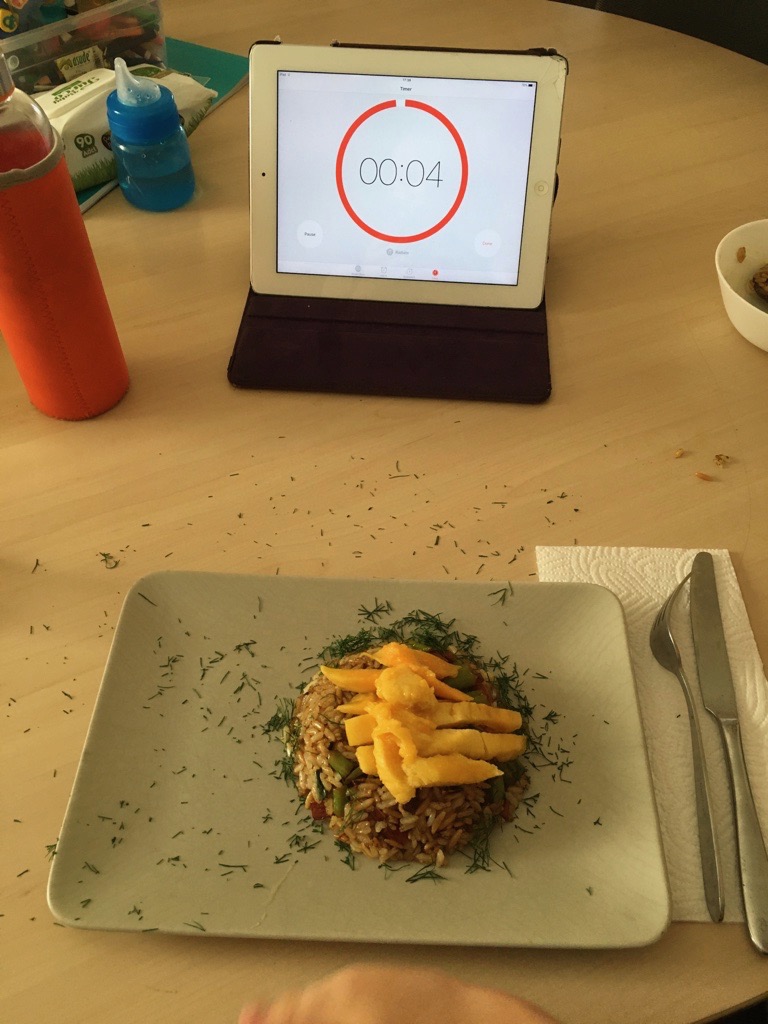
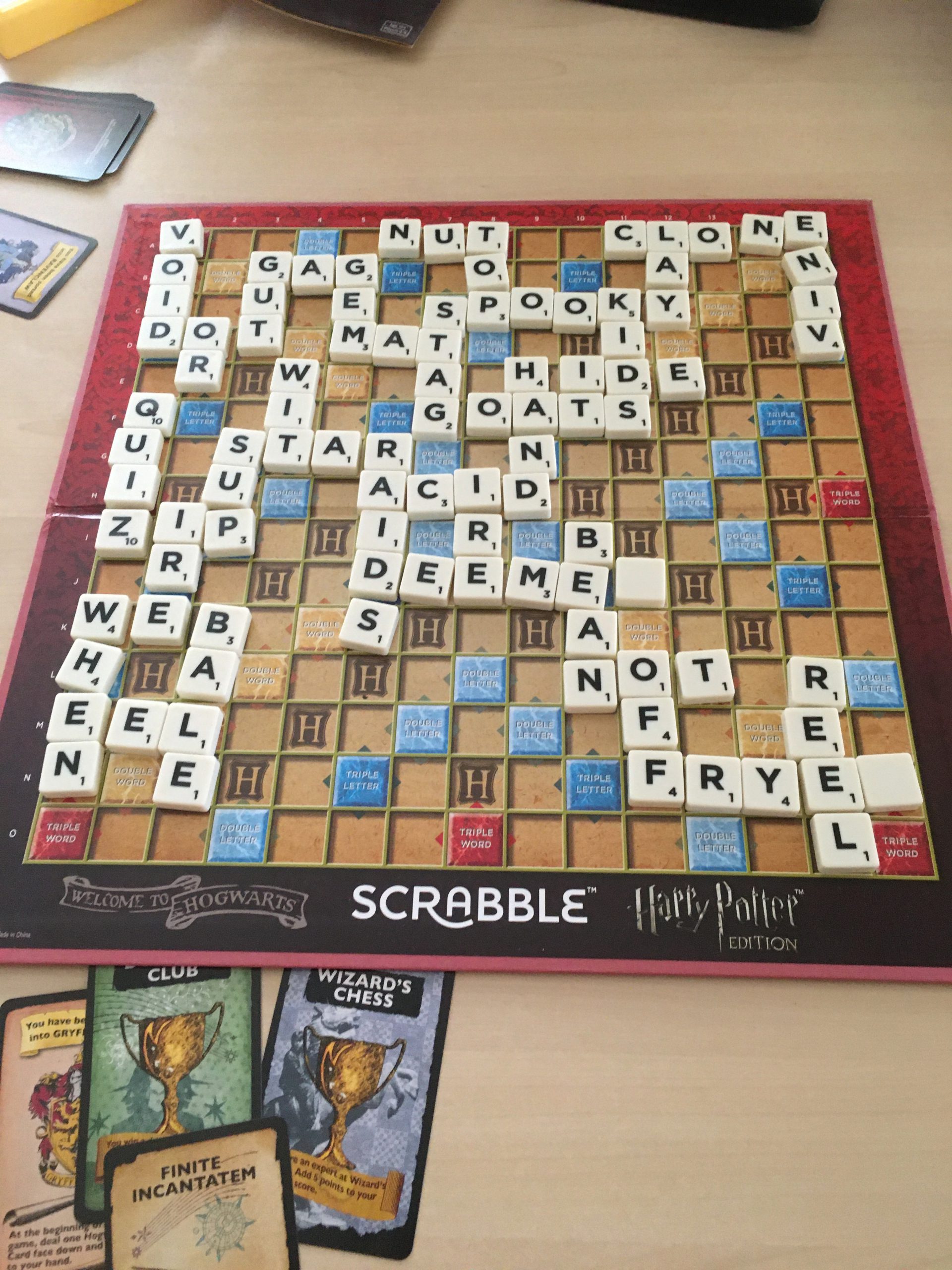
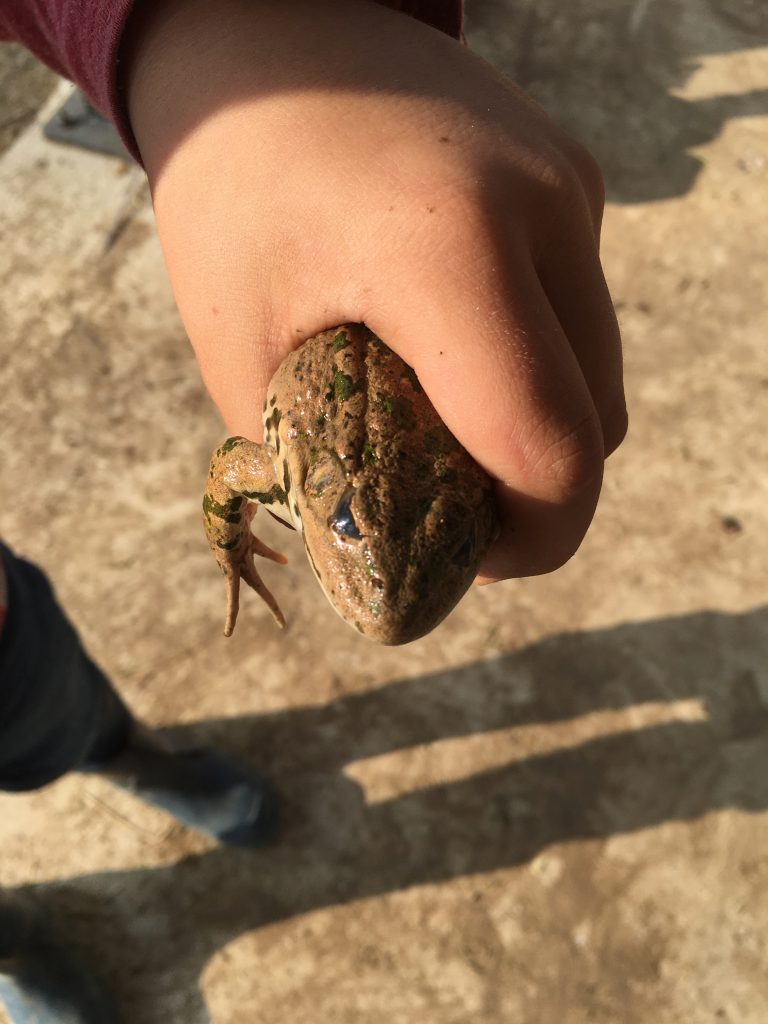

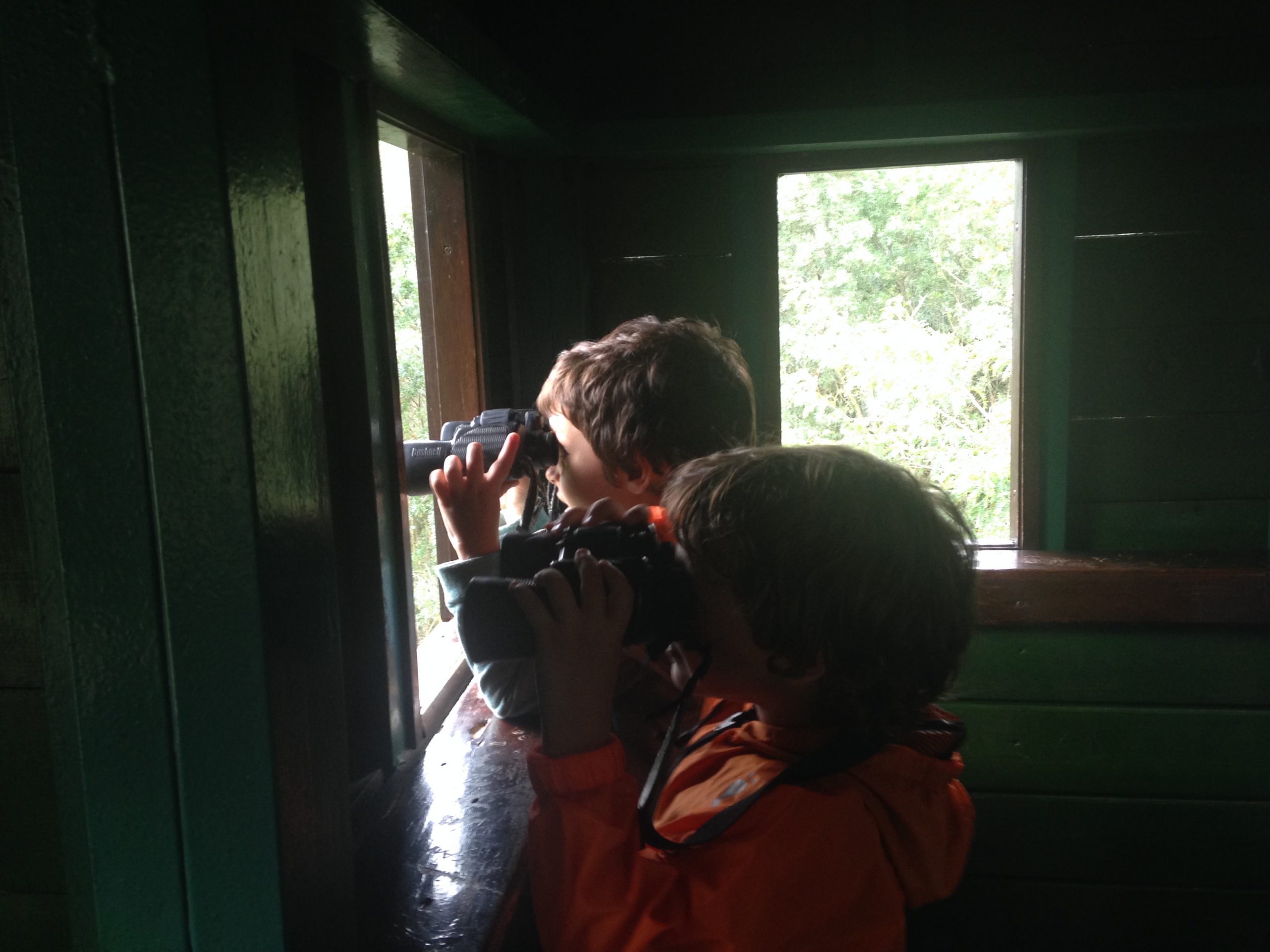
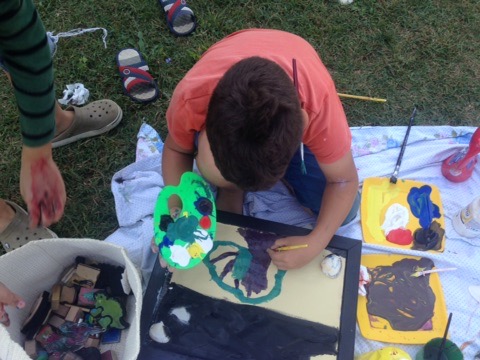
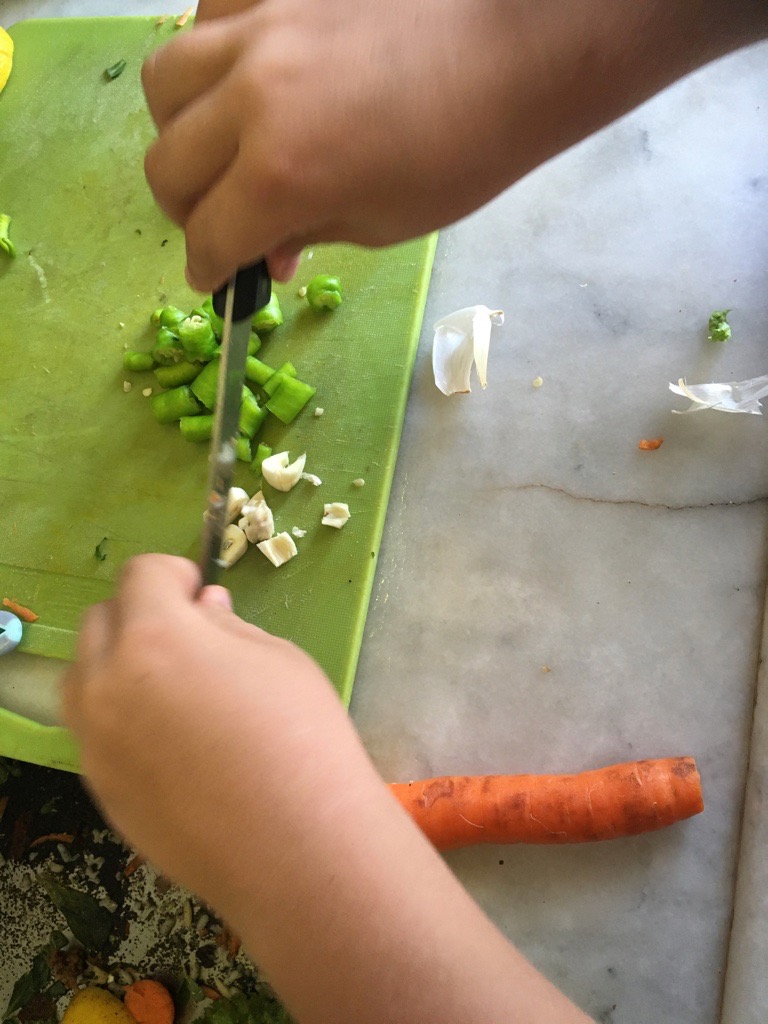


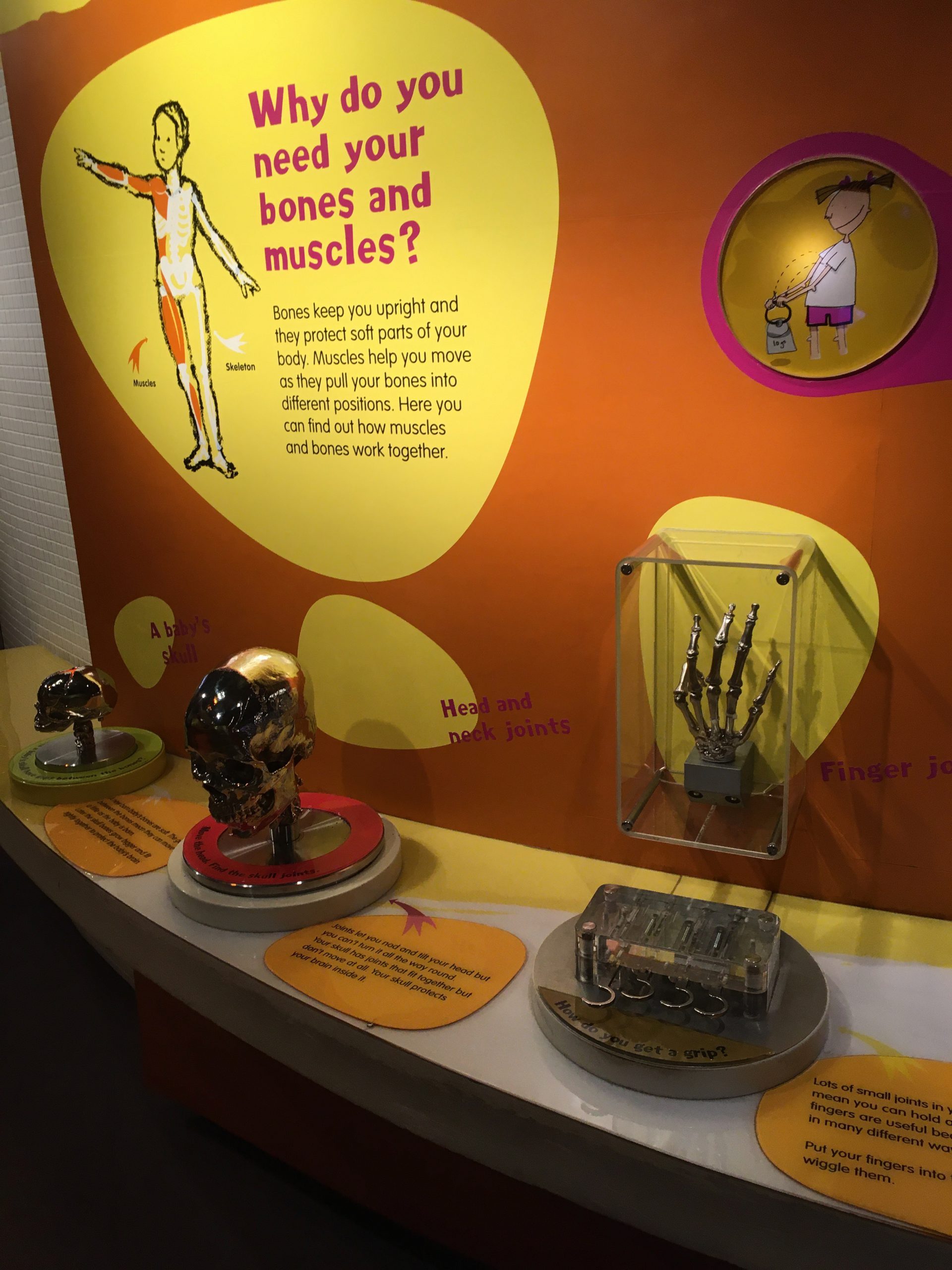
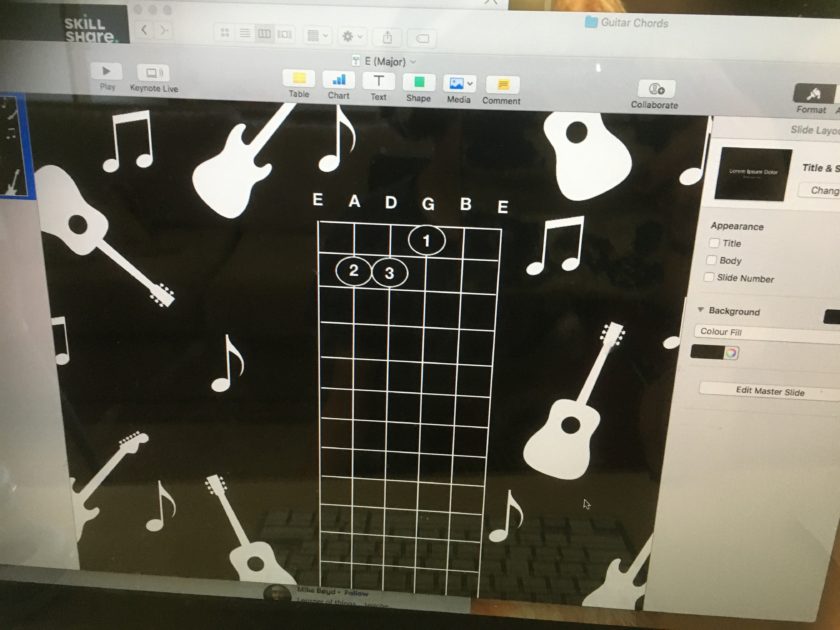
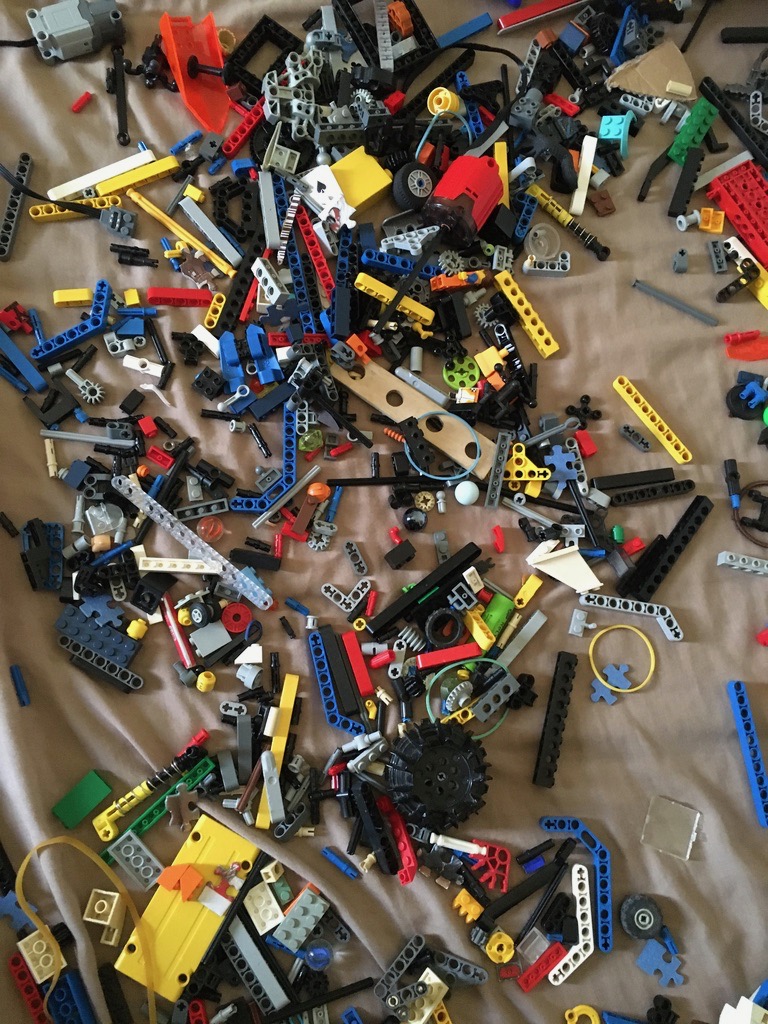
If we had to describe the way our children learn in recognisable terms, it would probably be ‘Structured Unschooling’ which I’m not even sure is a term but is the closest I can get. Our mornings follow a routine that covers core subjects – maths and English and other EBacc subjects – and the afternoons are for free learning; lessons that focus on their current interests or hobbies.
Morning school is a range of ‘guided lessons’, set according to the national curriculum guidelines for what children should know by X year. Morning school (which may or may not happen in the morning..) takes about 3 hours a day.
The afternoons are when unschooling comes in. Some weeks they’ll work on an ongoing project or delve into art/craft, some weeks the focus is music or being outdoors, and other weeks we’ll all tackle a project together – a DIY project, an additional project topic they want to study, complete a job in the garden or take a trip somewhere. As long as they’re being productive – which to us means learning something and not winding each other up – whatever they choose is acceptable as a ‘lesson’ for afternoon school.
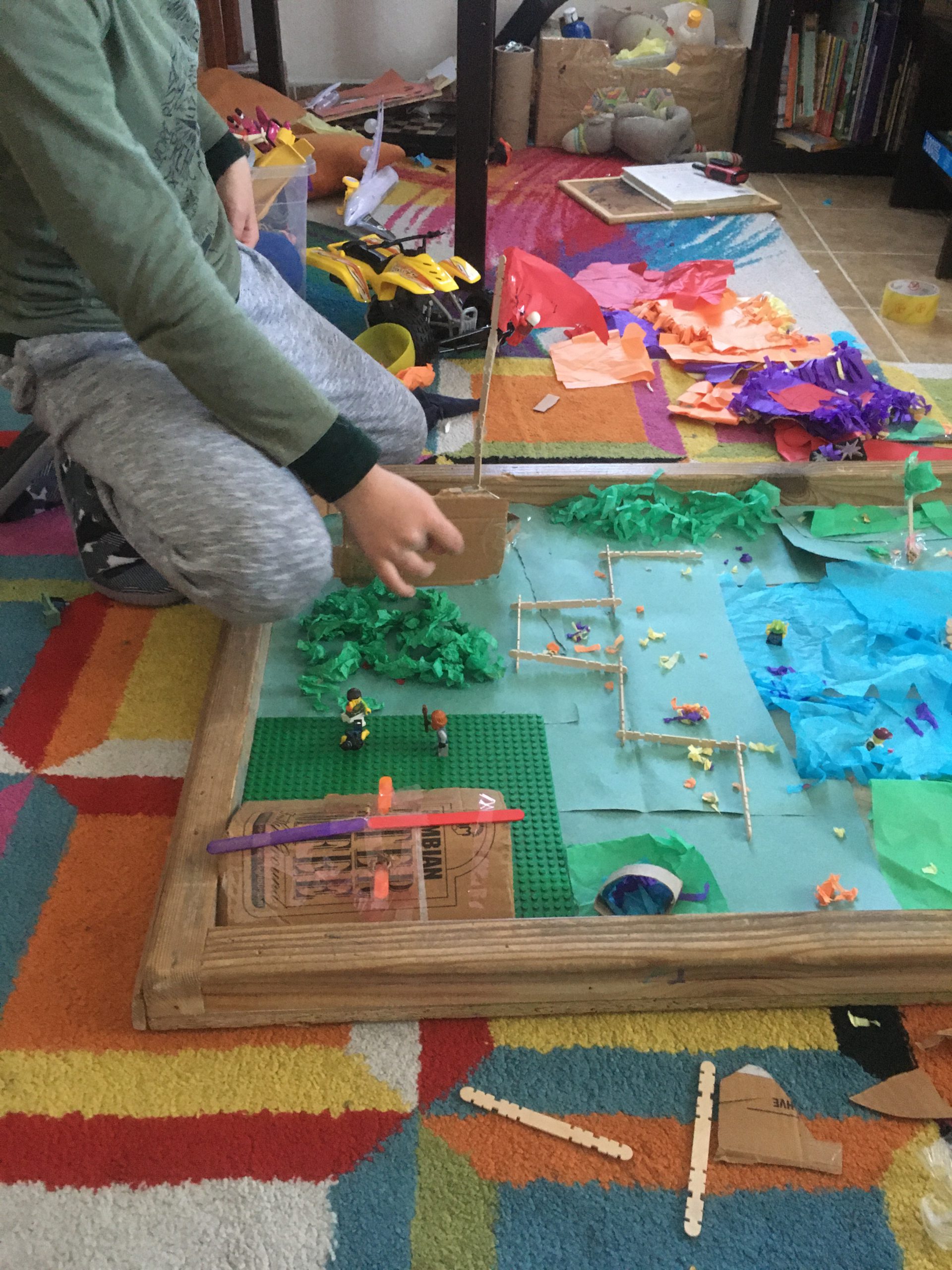

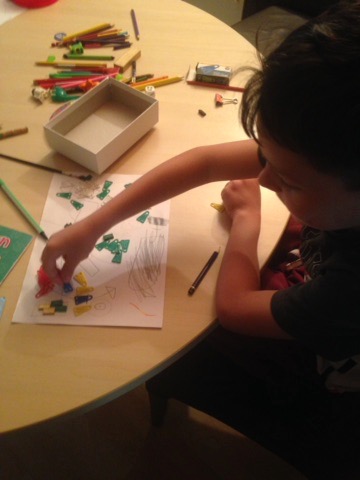
If the environment children are in provides stimulation, materials and access to information, they’ll automatically follow their passions and if we’re passionate about things, we actively want to learn.
Believing in an educational theory and applying that ideology to the education of your children doesn’t have to be a synonymous process. Unschooling has to suit the parents’ temperament too. I need the reassurance of knowing that at least with core subjects our children are on track with their peers; so as much as afternoons are unschooled, they’re structured in a way:
New materials – games, art supplies, magazines – are strewn around the house.
New courses – music, screenwriting, coding, art – are added to course lists on Skillshare or subscribed to.
Outings are offered and activities are suggested,
Documentary / film lists are curated and accessible.
Without telling them what to do, we can suggest things they might like that fall within our broader definition of education. Without making our home into ‘school’ we try to create an environment that encourages learning purely for learning’s sake, for the pleasure it brings and for the knowledge gained.
Structured or not, unschooled or course-led, no education path suits everyone. Take the pressure off trying to make home education fit any idealised mould and step back a bit to find out what works for your learners – you can always try something different next week.
